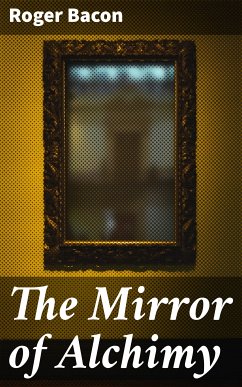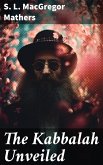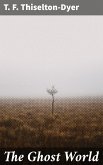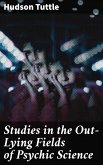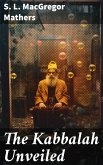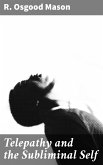Roger Bacon's "The Mirror of Alchimy" serves as a critical exploration of the esoteric and philosophical underpinnings of alchemical practices in the 13th century. Written in a rich, didactic literary style, this text combines allegorical narratives with empirical observations, reflecting Bacon's keen interest in the synthesis of science and spirituality. The work not only elucidates the processes of transmutation and the search for the philosopher's stone but also engages with the broader metaphysical implications of alchemy within the medieval intellectual climate, bridging the gap between ancient wisdom and contemporary inquiry. Roger Bacon, a Franciscan friar and an early advocate of the scientific method, drew inspiration from the works of Aristotle and Islamic philosophers, as well as his own extensive experiments. His desire to reconcile faith and reason is evident in this treatise, where he seeks to elevate alchemy from mere superstition to a disciplined art grounded in observation and logic. This pursuit was a reflection of his belief in the transformative power of knowledge, both for the individual and for society. "The Mirror of Alchimy" is essential reading for anyone interested in the origins of scientific thought, the interplay between mysticism and rationality, or the historical context of alchemy. Bacon's insights remain relevant today, challenging readers to reconsider the boundaries of science and spirituality in their own quest for enlightenment.
Dieser Download kann aus rechtlichen Gründen nur mit Rechnungsadresse in A, B, BG, CY, CZ, D, DK, EW, E, FIN, F, GR, H, IRL, I, LT, L, LR, M, NL, PL, P, R, S, SLO, SK ausgeliefert werden.

